The Horse Trust is delighted to welcome three remarkable horses – Jezz, Vella and Bill…

New equine influenza vaccination policy and vaccinates all residents at the sanctuary
The Horse Trust last week, vaccinated 72 of its 92 residents against equine influenza to implement its recently updated vaccination policy.
The charity runs a sanctuary for rescued, elderly and retired working horses, ponies and donkeys in Speen, Buckinghamshire. Until now, the charity minimised the risk of equine influenza by ensuring that all new admissions are quarantined upon arrival to monitor them for signs of influenza before they are turned out with the other horses, and by vaccinating any horses that were transported to shows or events.
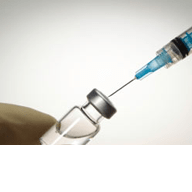 However, after conducting a review into its current policy, the staff and trustees felt there was potentially an increased the risk to the residents at the sanctuary due to an increase in the number of outside events attended by resident horses, an increase in the number of rescue cases that it takes in and the growing number of visitors to the sanctuary.
However, after conducting a review into its current policy, the staff and trustees felt there was potentially an increased the risk to the residents at the sanctuary due to an increase in the number of outside events attended by resident horses, an increase in the number of rescue cases that it takes in and the growing number of visitors to the sanctuary.
In the past, resident horses spent their lives at The Horse Trust without being moved or transported. However, The Horse Trust’s residents are now becoming more mobile, attending events such as the Bucks County Show, the Buckinghamshire Armed Forces Day and The London International Horse Show at Olympia.
Due to the difficult economic climate, the charity has been taking in more rescue cases. As little is known about their background, there is a risk that they may have been exposed to the virus before they were rescued. Although all rescue cases are quarantined, there is still a small potential risk to other residents at the sanctuary.
The number of visitors to The Horse Trust has also grown over recent years. Last year, The Horse Trust welcomed approximately 25,000 visitors to its sanctuary; some of these are horse owners or riders, who could spread the disease.
The vast majority of The Horse Trust’s residents are elderly horses over the age of 20, some with compromised immune systems. If an outbreak of equine influenza was to occur, these older horses would potentially be more severely affected than younger horses.
This vaccination programme was facilitated through the support of pharmaceutical company Merial Animal Health, which provided the vaccine, and Julian Samuelson, Managing Partner of Bell Equine Veterinary Clinic and trustee of The Horse Trust, who is managing the vaccination programme.
“We would like to thank Merial and Julian Samuelson for their generous support and for providing the vaccine free of charge, which has helped us to safeguard the health of our vulnerable residents,” said Jeanette Allen, CEO of The Horse Trust.
Julian Samuelson said the vaccine has the best performance of all those available on the market.
“Unique vaccine technology is used, which stimulates the immune system by mimicking natural infection. It has the most up-to-date viral strains of all the UK vaccines and is the only one with the Ohio/03 American viral strain as recommended by the World Animal Health Organisation. I fully support this programme and this product for its excellent efficacy profile,” said Samuelson.
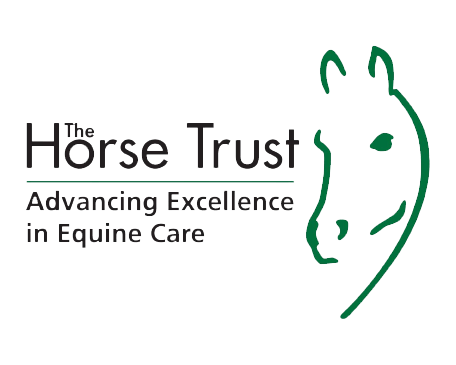
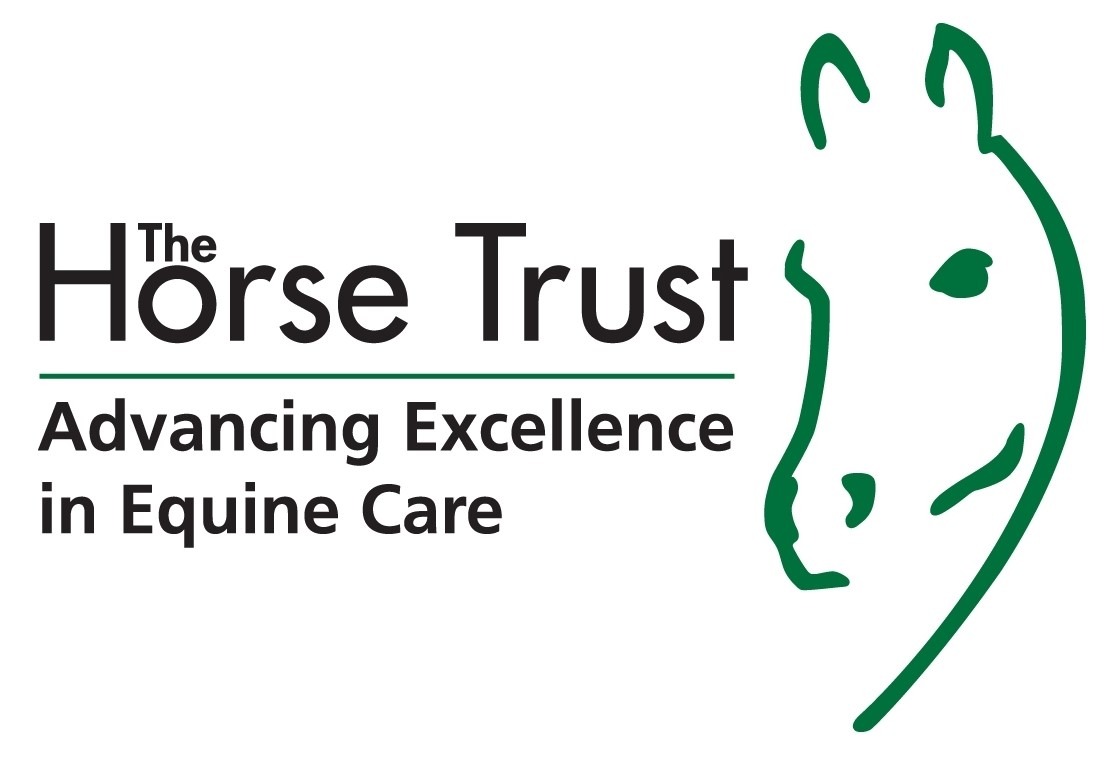
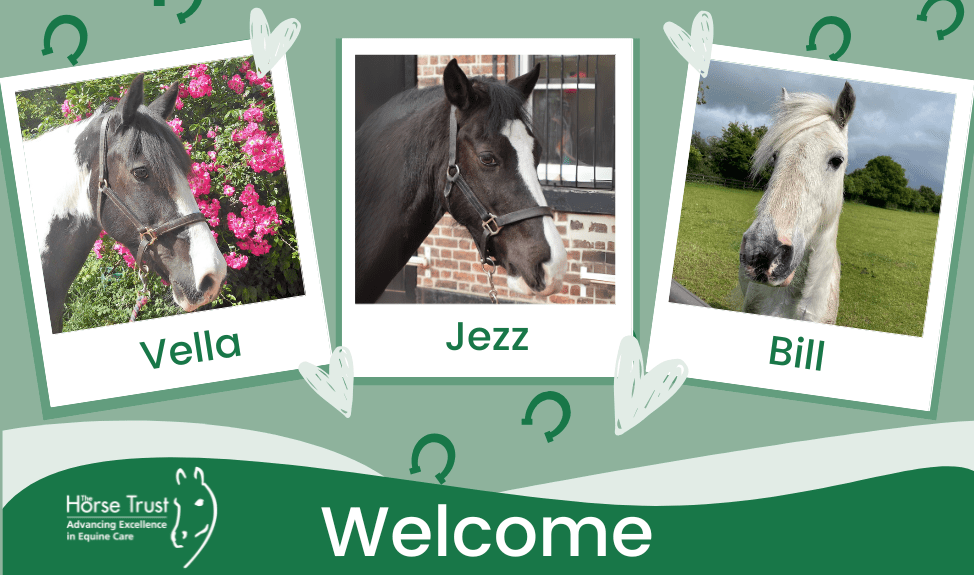
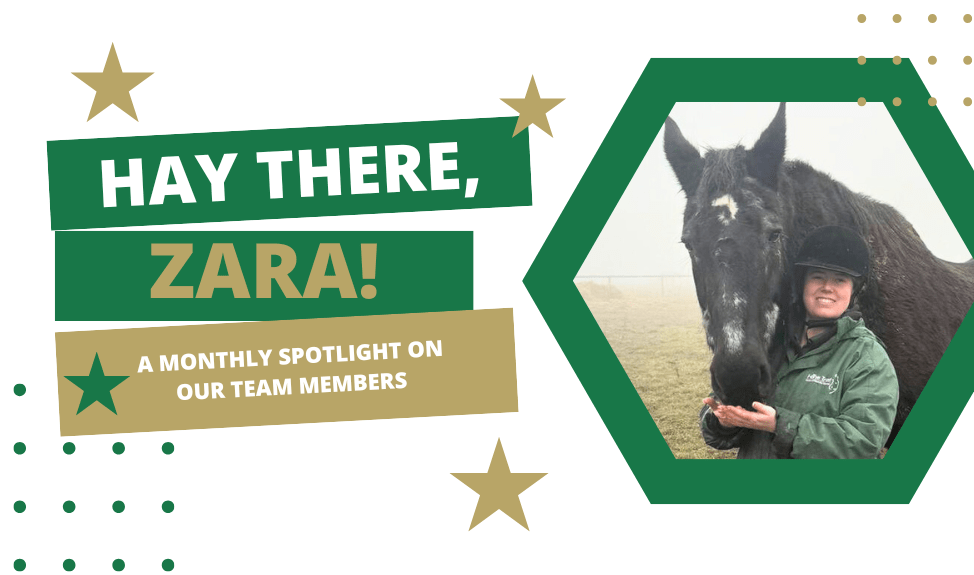
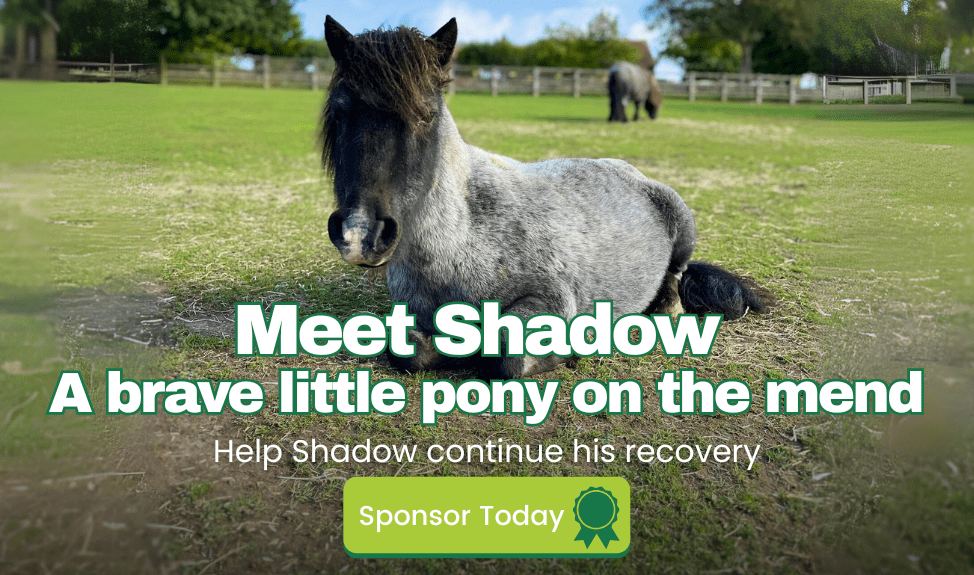










Comments (0)